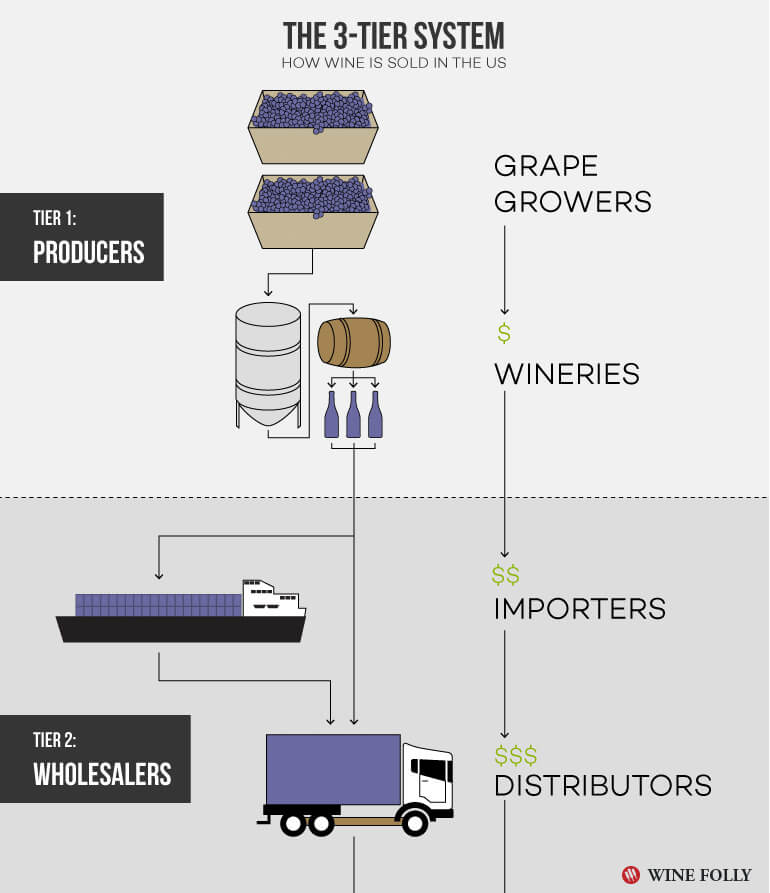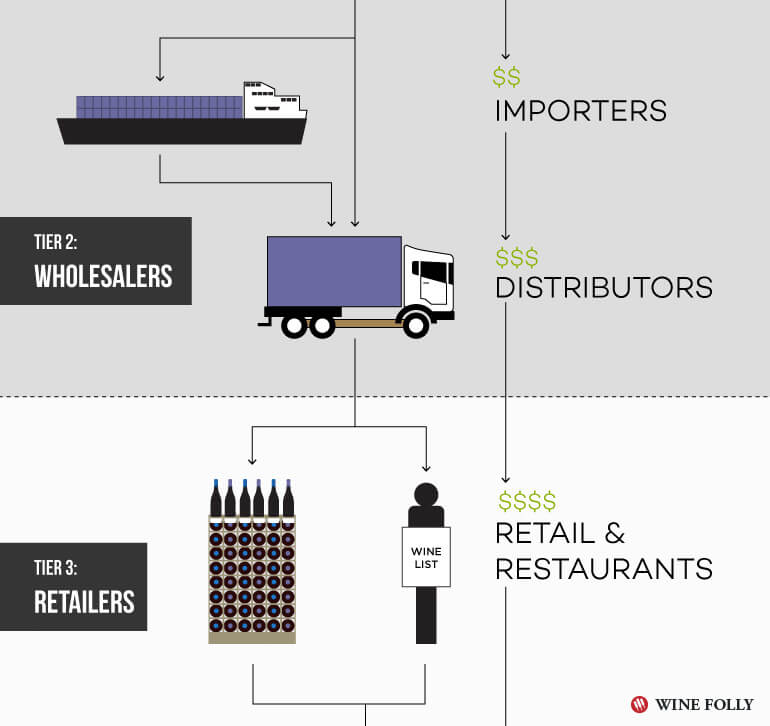Have you been feeling alone and helpless about the wine tariffs?
Fortunately, you’re not alone and you can make a difference, right now.
We have 72 hours left to leave a comment!
The Dish on Wine Tariffs and What You Can Do About It
If you’ve been living under a rock, no worries. Here’s what you need to know:
- The US and EU have been battling out a trade disagreement over aircraft company subsidies.
- For reparations, the US has tariffed wine, cheese, and other tasty things from EU countries.
- Wine tariffs may exceed their current 25% tariff and go all the way up to a 100% tariff!
- We have a chance to make a comment regarding the wine tariffs on the US government website: regulations.gov
Your comments will be seen by United States Trade Representative, Robert Lighthizer, and his staff. If you’re unfamiliar, Robert Lighthizer negotiates trade agreements between the US and other countries. He’s the guy to talk to!
If you’re already in the know and have been looking for an opportunity to make a comment, don’t delay! Please help spread these instructions to anyone who’d like to leave a comment.
Comment Writing Tips
- Make it personal. Copy-paste counts less with USTR.
- Describe how you will be affected. Remember, “pursuit of happiness” is right up there with “life and liberty.”
- Long-form and short-form comments are both okay. Even if you have a small point to make, any comments are appreciated and welcomed.
- Be respectful.
Comments close in just 72 hours.
Want to learn more? Read more about the wine tariffs below.

Ok. Here’s the deal. I have been looking at this from as many angles as possible and listening to a multitude of different takes on the proposed tariffs on EU wines.
A couple of things stood out to me. Some feel more poignant in my role as the VP of a well-known, family run winery (Frog’s Leap) than others, in my role as a small vintner with my wife (Pilcrow). I am also viewing these sides as a partner in a small, boutique distribution company (True North Wine Merchants).
All that said, this is what I have learned:
- Yup, Airbus got–according to the WTO–unfair EU subsidies. Not Cool.
- The proposed 100% tariffs on all sorts of EU products, like wine, butter, whiskey and cheese (that have nothing to do with the hurt employees of Boeing) just might fall into the old politician’s fallacy: (1) We must do something. (2) This is something. (3) Therefore, we must do this.
- If these tariffs go into effect, it will truly punish American small businesses, American jobs, and American consumers much more than any EU country.
“Isn’t this going to be a great thing for domestic producers?”
A friend asked me this over Instagram DM.
That was my initial thought too. But, that argument falls apart when you take a deeper dive.
A Slightly Long Primer on the Three-Tier (Sometimes Four-) System
(A perspective from a US Winery)
You see, the federal government already requires all domestic producers – like Frog’s Leap and Pilcrow – to sell our wines through an intermediary company in each state. These companies (in the world of alcohol) are called distributors. They buy wines from wineries and warehouse them where they are resold to restaurants and wine shops.

These very distributors are, in fact, our winery’s main customer – to the tune of 80% of sales. Federally mandated, post-prohibition laws make these distributors the main path to market for US wineries.
Distributors sell a mixture of domestic and imported wines. Make no mistake, the US consumer has a thirst for imported wines and these guys have built a business to supply that thirst. This brings in the other half of the equation: the importers.
It’s Even Worse for Importers
Importers are the American-owned and operated companies that scour the countryside of France, Italy, Spain, Germany, and Portugal searching for small, interesting wines to bring stateside. They take the gamble on behalf of the American consumer.
The importers are to pay the tariff to the Federal Government, not the EU.
The importer adds the tariff to the cost of the wines they bought from, say, Italy. They add a little margin and sell the imported wines to our good customer, the distributor. The distributor, in turn, warehouses the imported wine right next to good ol’ locally produced Frog’s Leap, and sells both wines to wine shops and restaurants around the state.
This affects salespeople, truck drivers, warehouse employees, and accountants who are all selling, delivering, stocking and processing orders for a complex mixture of domestic and imported wines alike.

But what happens if that cool, interesting Nero d’Avola from Skurnik Imports suddenly has to sell to sell for $59.99 instead of the well-established price of $29.99?
A good portion of the customers for that product will balk at the new price. And Skurnik knows this. So, they (and importers just like them) will have to become very discerning about which wines they are willing to “gamble” on.
Which wines are famous enough and most established to withstand an incredible price-hike of 100%?
Maybe the answer is none. Maybe it is some. Either way, the importer must dramatically reduce offerings and quantities of wines they import.
This means that now our good friend, the distributor, has less revenue coming through the door because he has less to sell. A decrease in revenue means a decrease in profit. What follows less profit is as time-honored as capitalism itself: LAYOFFS.
Now it’s time to cut the sales force down. Mothball some trucks. Close half the warehouse. Outsource some accounting work. And caught up in it all– the US wine: Frog’s Leap.
- Our path to the marketplace just got severely cut in size and scope.
- Our access to wine shops and restaurants just got reduced.
- Our main customer, the distributor, is now under-capitalized, awash with costly stock and mired in the uncertainty of the moment.
This is utterly brutal for the American importing and distribution companies and just as bad for the American winery, Frog’s Leap.
More Thirsty Americans = More Customers and Higher Prices for Domestic Wineries
There went the thesis of another friend in the wine industry. Unfortunately, the immutable laws of math and time make that idea darn-near impossible to pencil-out.
Just about a third of the wines sold in the USA are sales of imported wines. Plus, about 60% of wines produced in the world come from EU countries. There isn’t enough domestic wine to make up the shortfall. Even if there was sufficiency, wines aren’t interchangeable in this way.
That unique Nero d’Avola from Skurnik from pre-phylloxera vines at high altitude we talked about before isn’t going to be replaced by a bottle of Frog’s Leap Zinfandel – no matter how much I wish it would be! This is because (just like the wine-lover in me) that admirer of Nero d’Avola adores that wine precisely for what it is: its story. The complex relationship that hardcore fans of “the Frog” possess is the same one shared by the lover of that Valle Dell’Acate.
That’s what makes wine magical.
Even if we could swing everyone to the domestic side, it’d take eight years or so to bring new wines to market.
- Find the land
- Source the funding in an uncertain marketplace
- Decide on what to plant
- Plant the vineyards
- Grow those grapes
- Make the wine
- Age it in barrel and bottle
- And finally, introduce it to market
And, while all this is happening, another administration might be reducing EU tariffs back to the single digits where they started. Ugh.
In Short
Airbus got a lift from subsidies (it should be noted that they are only receiving a 10% tariff while wine gets a 100% tariff, which is odd, especially when one considers that wine accounts for only 1% of what’s exported from the EU).
- Punitive tariffs of 100% will be destructive to American jobs of all types, in all states.
- These tariffs will cripple the path-to-market for domestic wines, hurting sales.
- When EU wines find a new market in other countries it is unlikely that they will come back to the US.
- American consumers will have far fewer choices in the wines they get to drink.
What To Do if You Are Worried (Like Me)
Make your voice heard on regulations.gov. Life, Liberty and the Pursuit of Happiness aren’t just words, they are the foundation of our democracy.
You have a chance to speak out for your happiness. Speak for the livelihoods of your friends and neighbors that work in wine shops or restaurants. Or, speak for one of the thousands of great importers and distributors that have built this nation into the greatest destination for fine wine.
You have 72 hours to speak out for your liberty. And, ‘lest we forget…
“Liberty is the soul’s right to breathe, and when it cannot take a long breath, laws are girdled too tight.”–Henry Ward Beecher, Proverbs from the Plymouth Pulpit.

